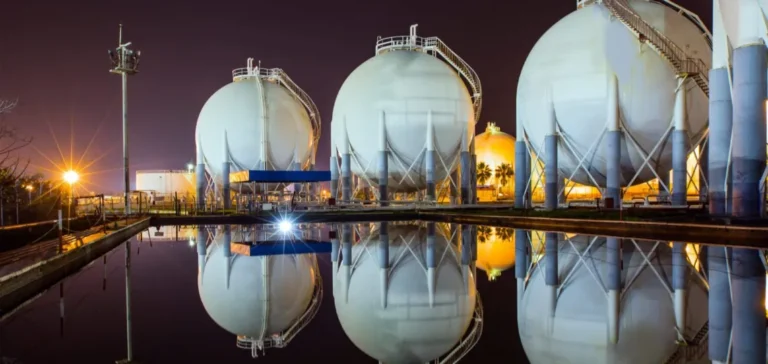Hungarian state-owned company MVM CEEnergy has signed a ten-year contract with Engie Energy Marketing Singapore for the annual delivery of 400 million cubic metres of liquefied natural gas (LNG) between 2028 and 2038. The announcement was made by Minister of Foreign Affairs and Trade Péter Szijjarto, highlighting a shift in Hungary’s energy policy direction.
This volume represents approximately 4.5% of Hungary’s annual gas consumption, which reached 8.5 billion cubic metres in 2023. The contract foresees a cumulative delivery of four billion cubic metres over a decade, sourced from Engie’s global LNG supply network.
Partial diversification amid Russian dependency
Despite the relatively small share this contract accounts for in Hungary’s gas mix, the government views it as a strategic step. Péter Szijjarto stated that the deal marks “an important milestone for Hungary’s energy security,” reaffirming Budapest’s intention to diversify its sources without severing its long-standing ties with Moscow.
According to the latest data, Hungary imported approximately 7.8 billion cubic metres of gas between October 2023 and September 2024, a substantial portion of which came from Russia. Hungary’s position diverges from the targets set at the European level.
Agreement signed under geopolitical pressure
The signing comes as the European Commission has announced plans to phase out Russian gas imports by the end of 2027. Brussels aims to ban new contracts as early as this year and gradually end all flows within two years.
In 2024, Russia still accounted for 19% of the European Union’s gas imports, including both pipeline gas and LNG. Engie, which holds long-term supply agreements in Algeria and the United States, stated that the agreement “helps Hungary and the region diversify their gas sources.”
Transatlantic tensions frame the deal
The transatlantic context adds a political layer to the transaction. U.S. President Donald Trump has expressed willingness to strengthen economic sanctions against Russia, contingent on a significant reduction in European purchases of Russian hydrocarbons.
Hungary, while expanding its diversification efforts, has not questioned its current contracts with Russia, citing economic stability and cost concerns. The contract with Engie could thus serve as a diplomatic lever without fundamentally altering the country’s energy structure.






















